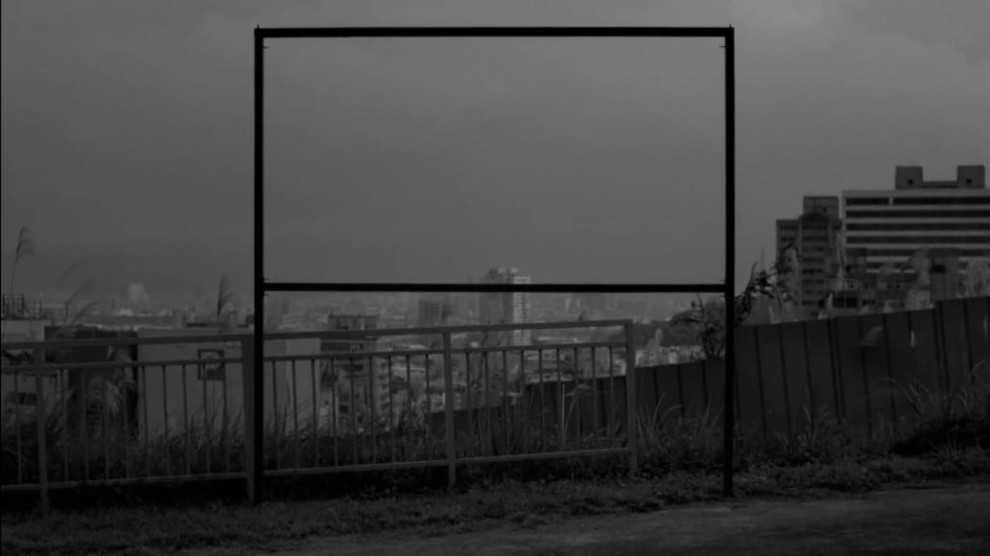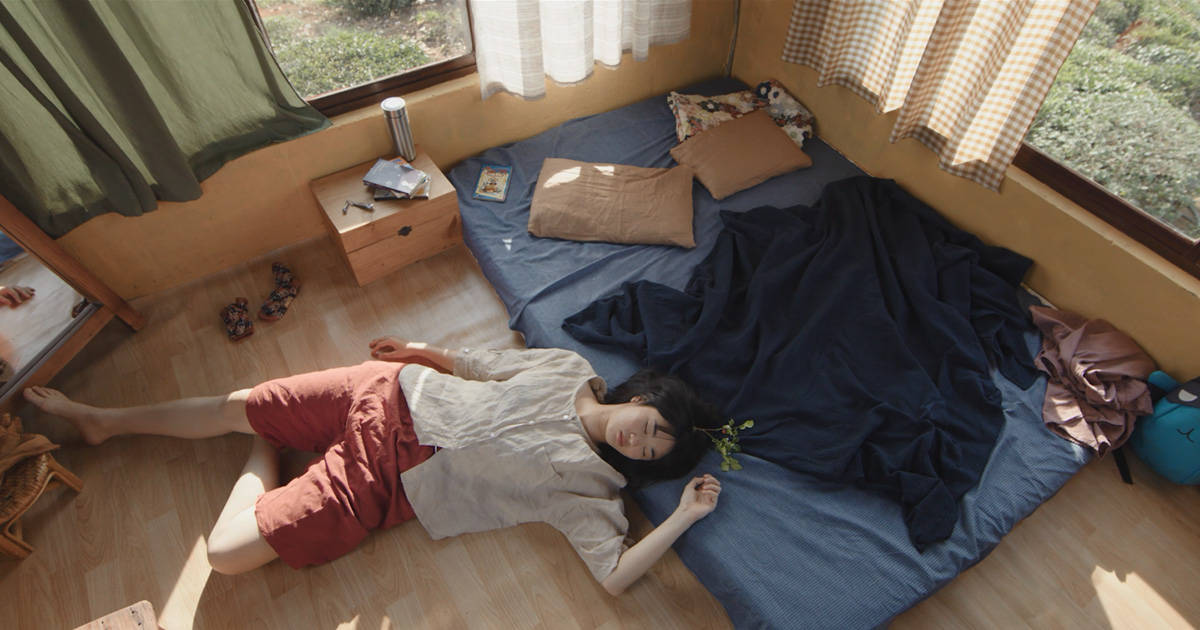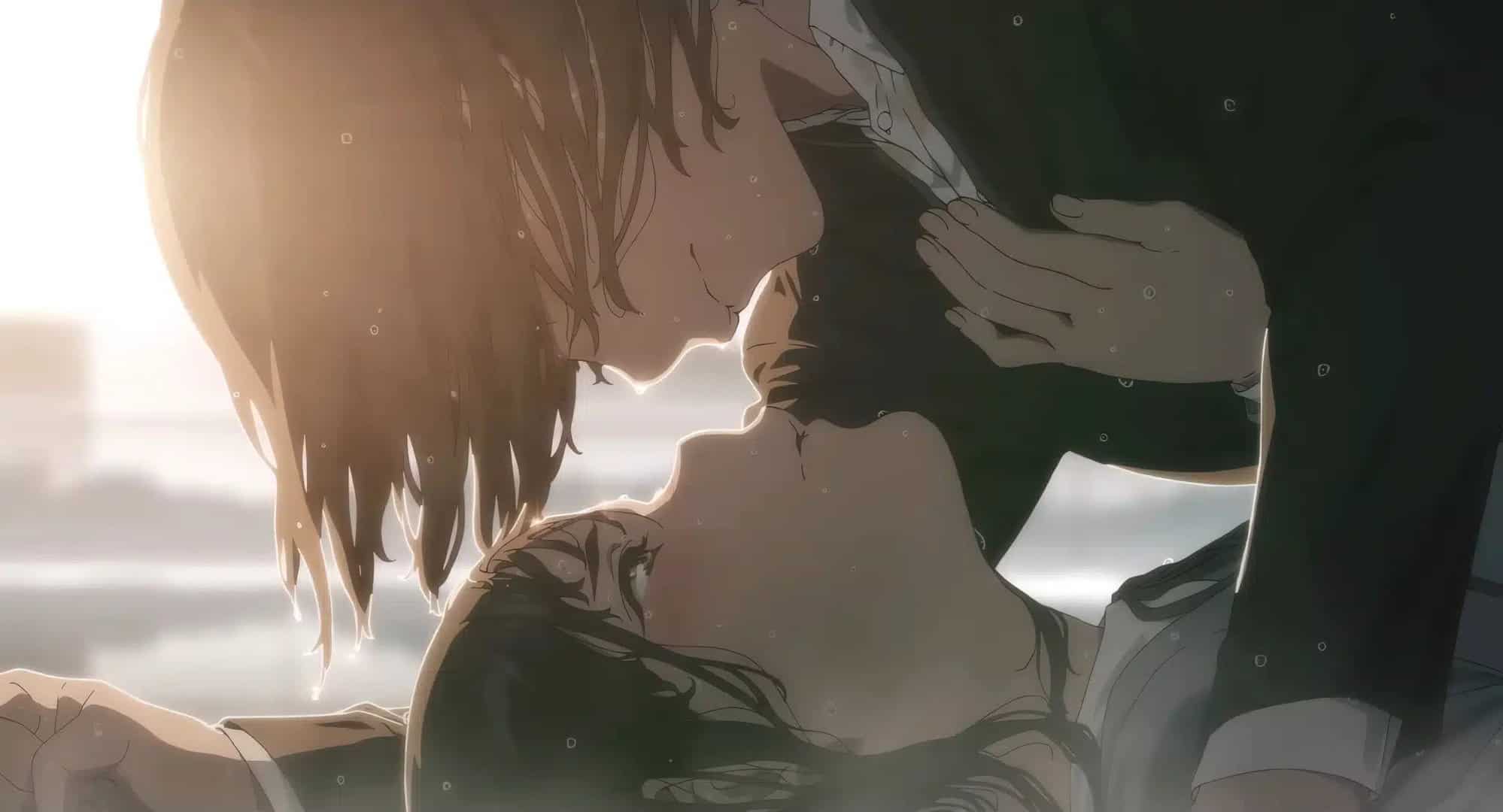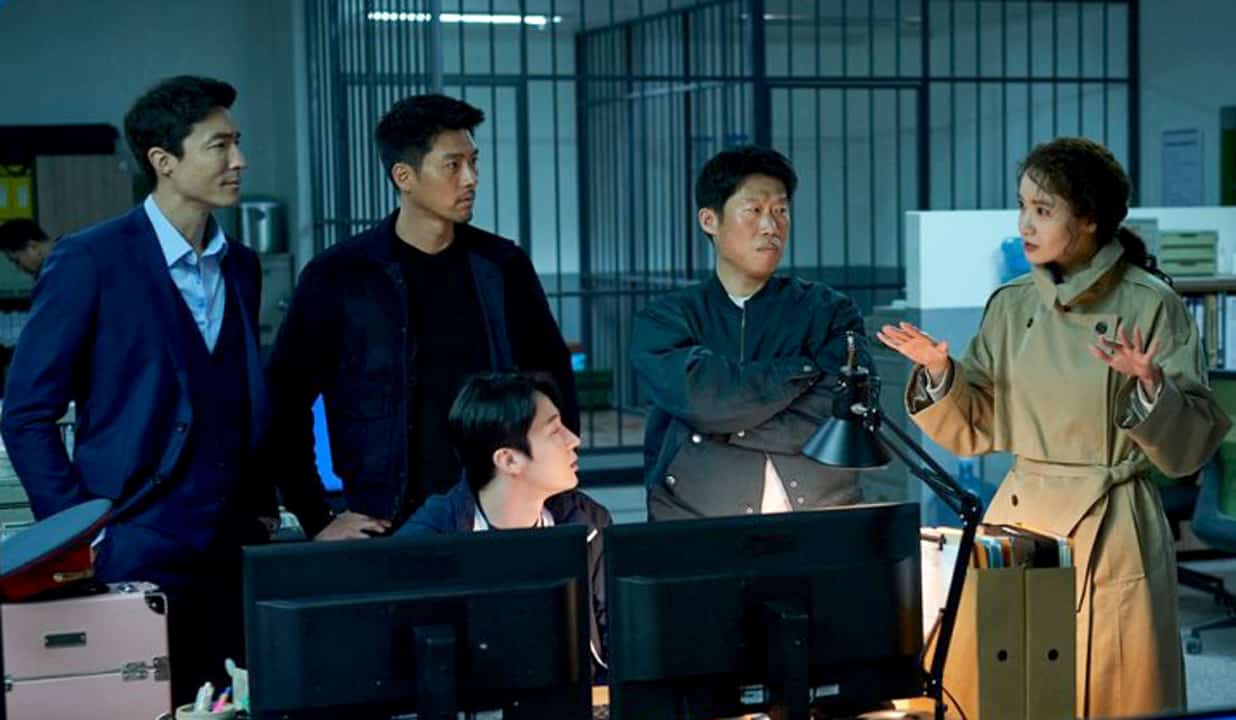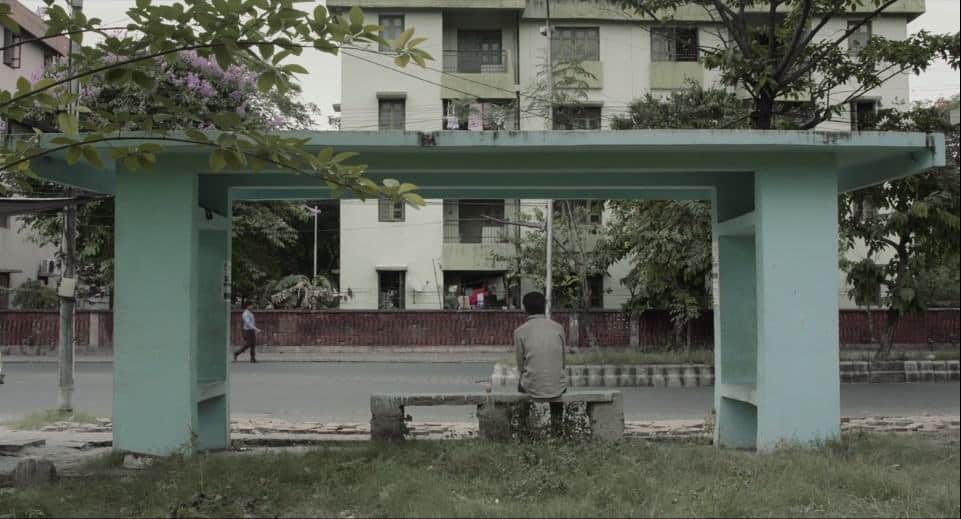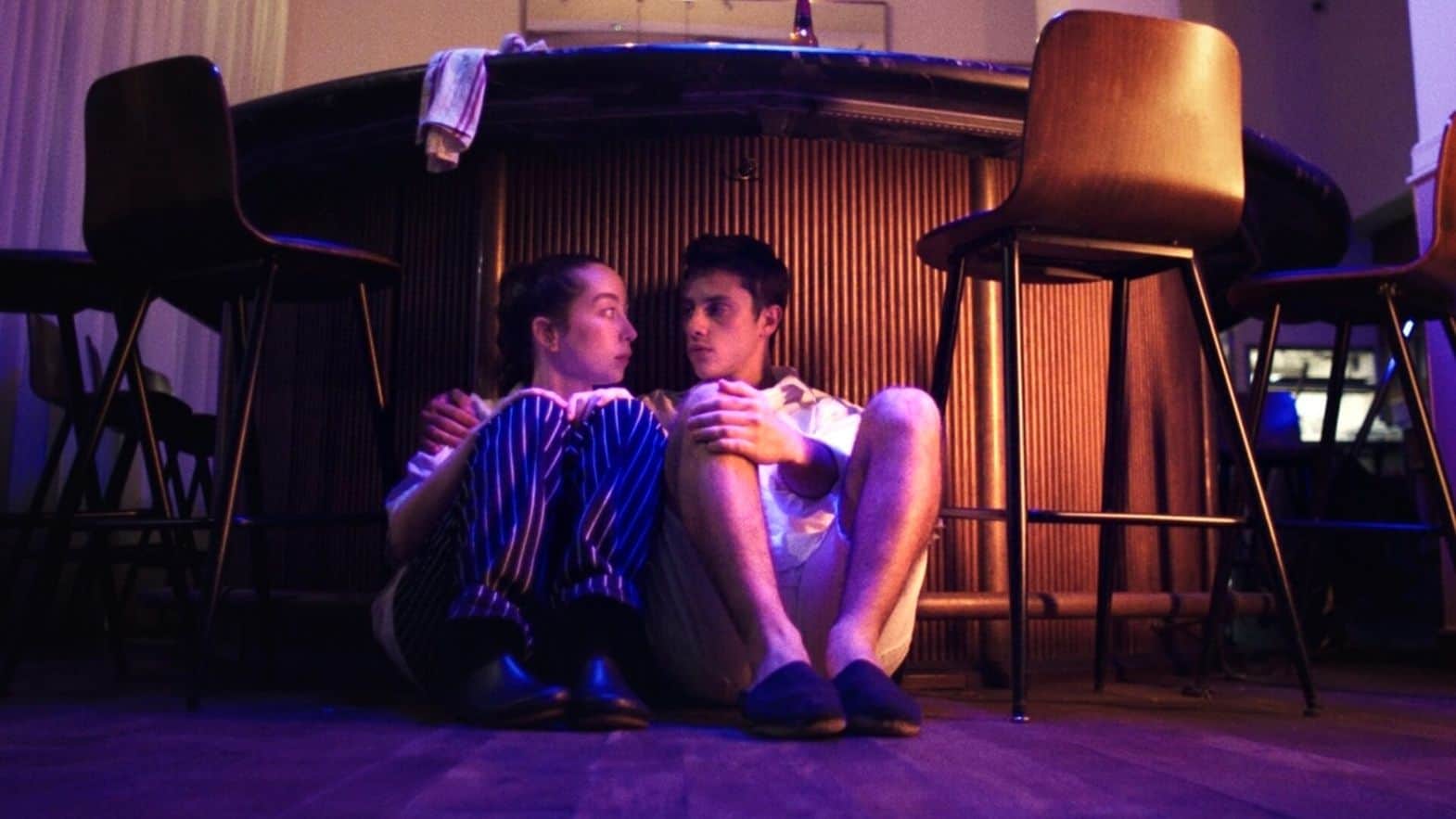Few experiences match up to watching a silent film in the theater. While one's eyes are locked on the screen, the quiet breathing of the person next to you seems to scream; the whispered apologies of latecomers seem onerous; the unabashed snorer in the back, entirely embarrassing. At the same time, the silence of the theater – or rather, the lack thereof – makes one aware of the collective experience. Silent film somehow bring alive the group experience found in production and reception alike, pointing to cinema's very conception as a group-based medium.
Perhaps this accounts for artist-director Chen Chieh-jen's work. As a part of the Taiwan Film Festival‘s spring showcase, Chen Chieh-jen has come to London to show some of his films — including his works in progress — at the Tate Modern this week. Of his most recent films, “Wind Songs” (2015) maximizes his use of silence and sound, commenting on the nostalgia of the blue-collar collective in the wake of a rapidly-modernizing Taiwan.

The film is noticeably split into two parts. The first half starts with the enigmatic text block, “Memories of a screening ritual…” in which a wrinkled, wheel-chair bound woman seems to watch two films at once. The contents of each film are blurred, but one thing is for sure: nobody speaks, save for the recordings in this silent outdoor screening, as the projections are propped up against the night city-scape. The second half of the film, however, is completely silent. Like a funeral procession – or perhaps even a protest? – a pick-up truck leads a group of female mourners through, playing videos on its makeshift screen while Chen Chieh-jen's camera hones in on the individual faces of this troupe. Where they are walking to is of little importance; their emotional breadth should be more resonant in this mysterious ritual-elegy-protest against modernization.

All throughout, Chen Chieh-jen's technical awareness distills the film into its poetic essence. This is first apparent through the emphasis on nostalgia – and the passing of time. The simple black-and-white tones melt from the smoothness of digital to almost film-like grain in the second half, as the darker processional forces a sort of texture upon the onlookers. The black-and-white's keen attention to gradation is also clear through the city-scape looming over the back of the screening ritual. The bright night lights give way to the faded fog of early morning, implying a new dawn – and almost, a sense of resignation – as skyscrapers peak through the film frame. The future is not near, but rather now, Chen Chieh-jen implies; like the black-and-white, one must learn to leave the past behind.
The somber tone is furthered through the minimalist production. Restricting to only simple pans and silence, the film seems to contemplate the death of the collective. Much like The Route (2006), an earlier work revolving around protests at a dock post-layoff, the film seems to re-stage what has already been lost: the memories of a city on the rise. After all, any sound in the film is neither spoken or recorded on-location; everything seems pre-recorded, like a memory controlled by a singular authority. Chen Chieh-jen's leftist leanings clearly show in this purposeful edited-performative piece, as it protests against the concentration of power with every fiber of its being.

Conceptually and technically then, the film tries to – and does – say something important. Perhaps something I could never grasp, however, is Chen Chieh-jen's insistence on using film. His compositions are always stunning, and his knowledge of film — digital or otherwise — is impeccable. However, he seems to flail in his understanding of time. The facial close-ups are achingly long, and the repetition of like-minded shots more self-serving than actually effective. Moreover, by using film, he almost feels too transparent in his message; his message yearning for times past (and mourning rapid modernization) are slathered on too thick. The power of his film lies not so much in the passage of time, but rather in the singular shots he frames. His work would perhaps be more compelling – if at least a lot more worth contemplating over – if he sticks to stills.


